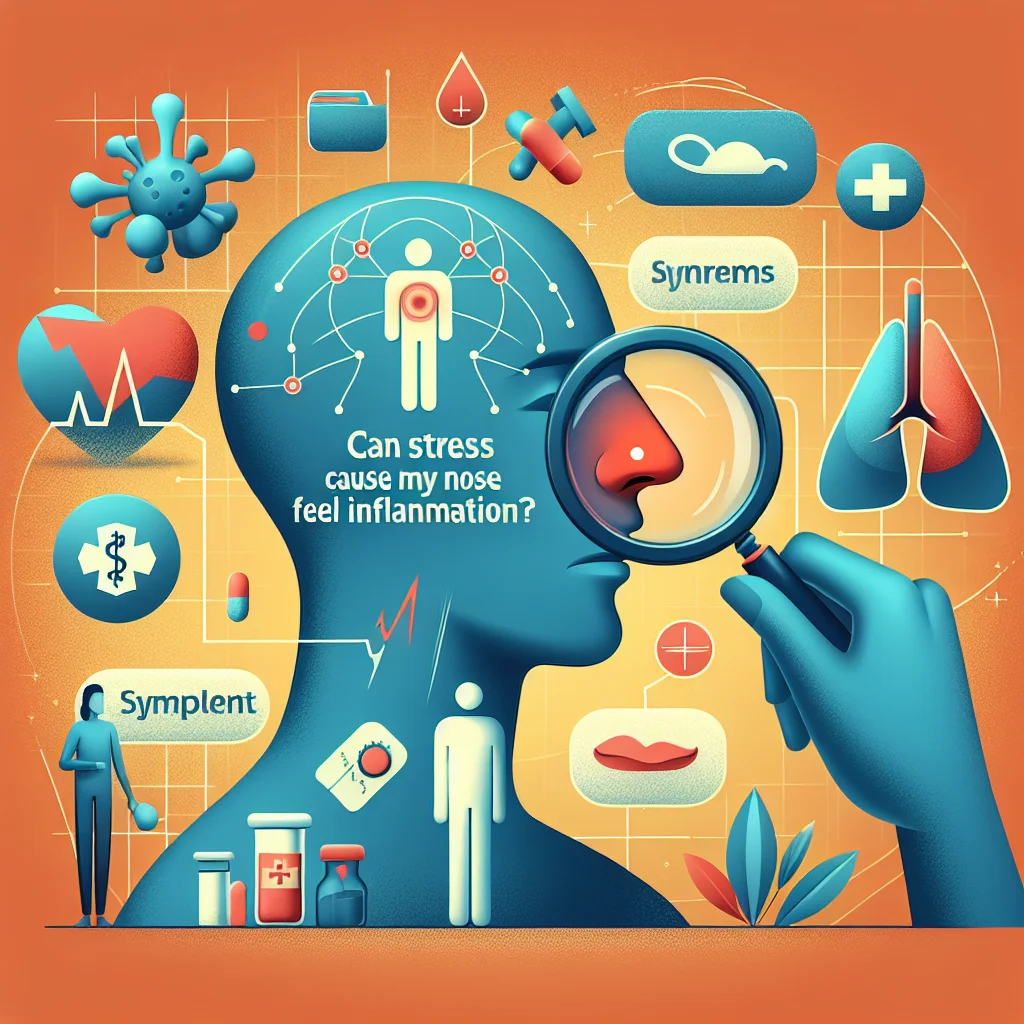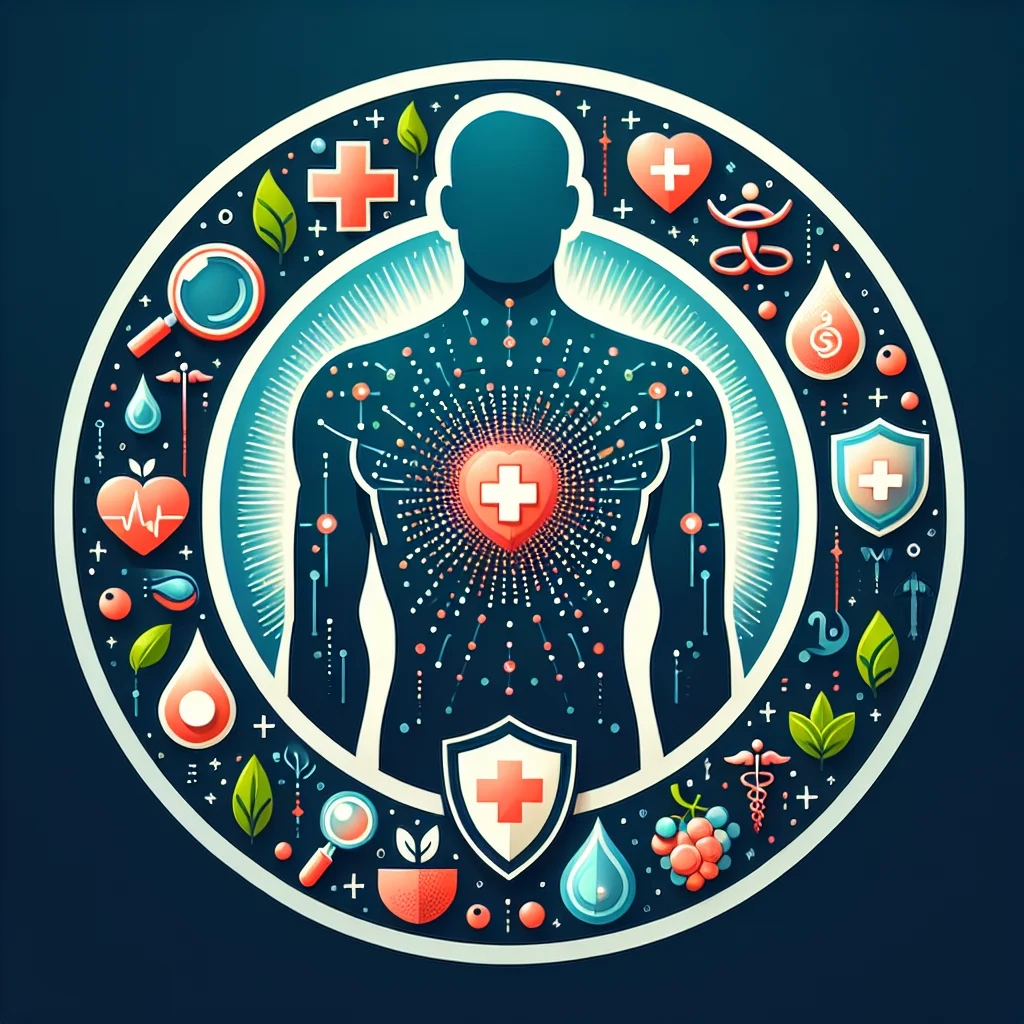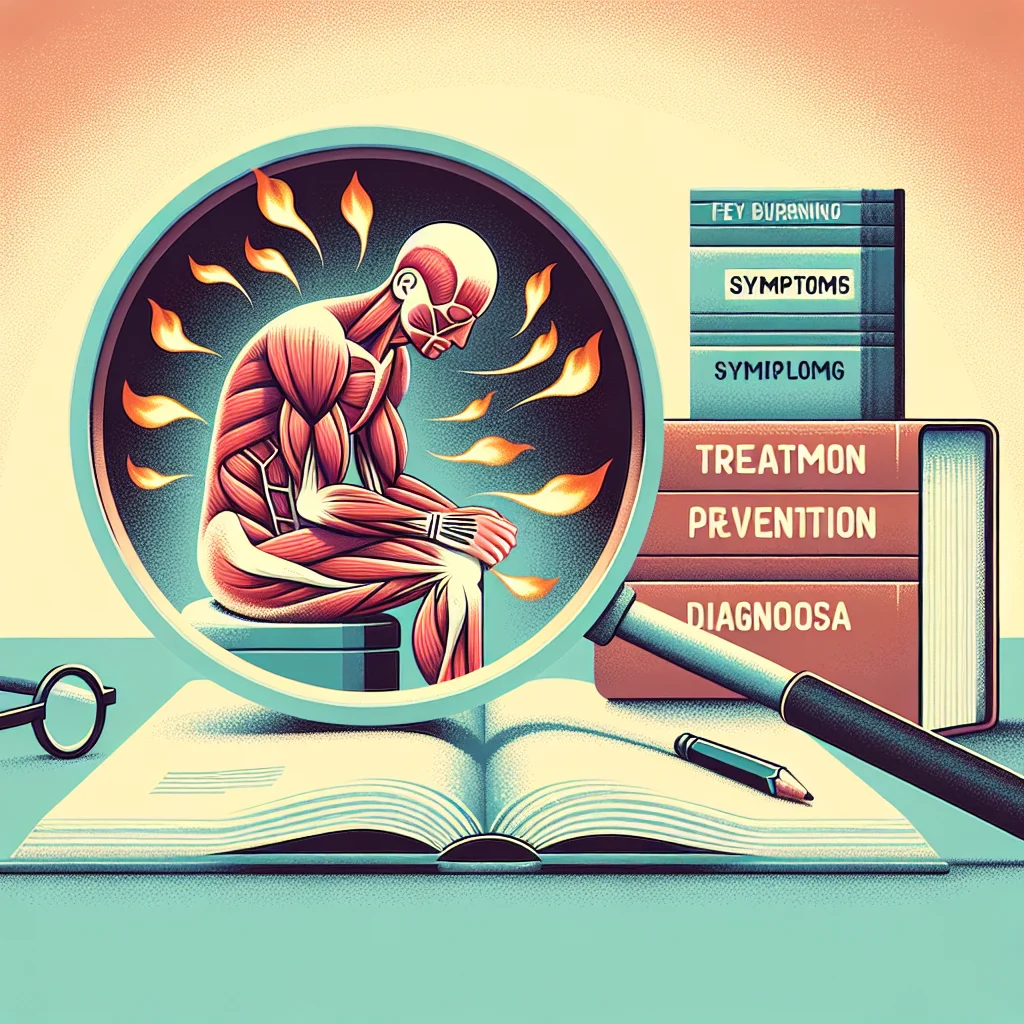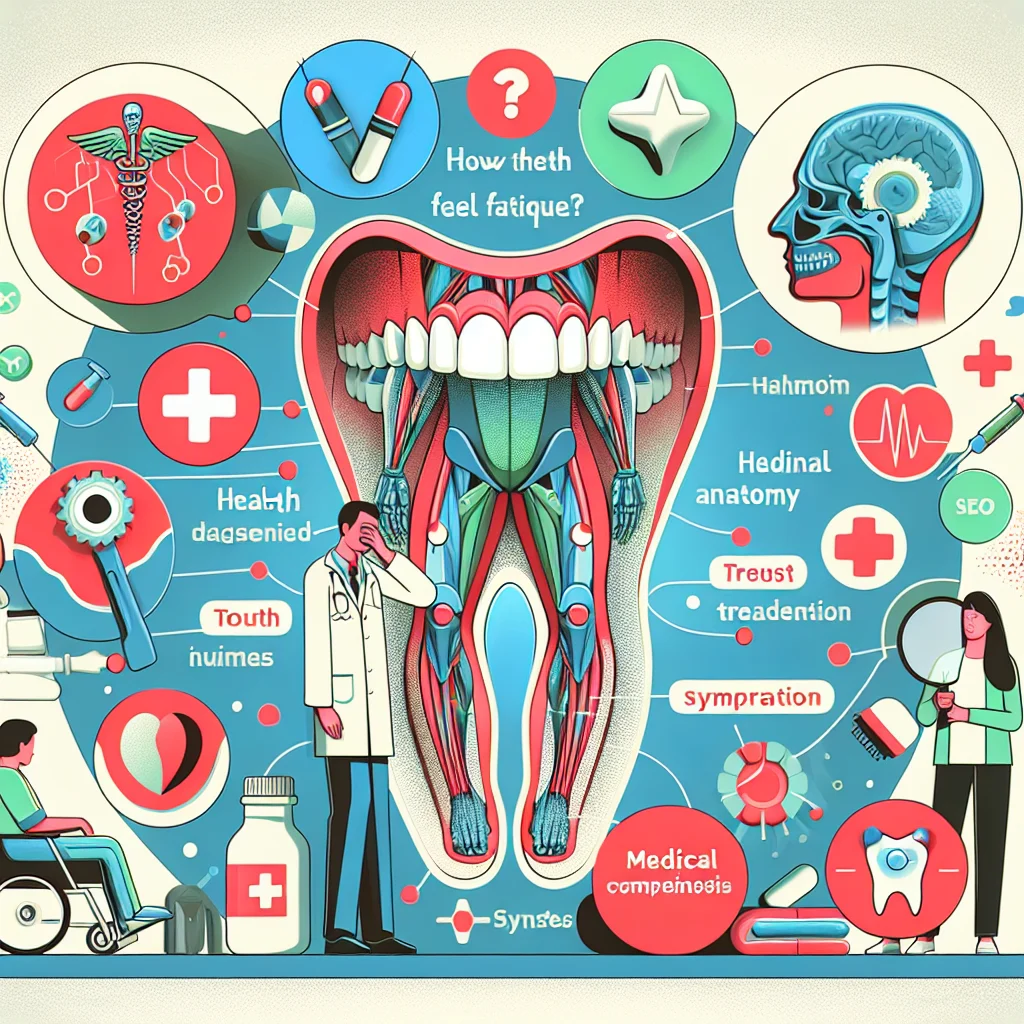
Possible Causes and Medical Insights
Itchy sensations on the chest can be caused by a variety of factors, ranging from mild skin irritations to more complex medical conditions. Common culprits include dry skin, allergic reactions, insect bites, or contact dermatitis from soaps, lotions, or fabrics. In some cases, sweat and friction from tight clothing can exacerbate the problem, leading to persistent itching and discomfort. It's important to consider recent changes in skincare routines or exposure to potential irritants when evaluating the cause.
Beyond surface-level issues, certain medical conditions can also trigger an itchy chest. Eczema, psoriasis, or fungal infections are known to cause localized itching and may be accompanied by visible rashes or redness. Rarely, internal health issues such as liver disorders or shingles can present with chest itching as an early symptom. Understanding the context and any accompanying symptoms is crucial for narrowing down the root cause and seeking the right health advice.
Symptoms and Risk Factors
Itchy chest sensations are often accompanied by additional symptoms that can help identify the underlying issue. These may include redness, swelling, a rash, blisters, or dry, flaky patches on the skin. In some cases, itching may be intense enough to disrupt sleep or daily activities, potentially leading to secondary infections if the skin is scratched excessively. Noticing whether the itch is localized or widespread can also provide important diagnostic clues.
Several risk factors can increase the likelihood of experiencing chest itching. Individuals with sensitive skin, allergies, or a history of eczema may be more prone to developing symptoms. Environmental factors such as hot, humid weather or exposure to harsh chemicals can also play a role. Additionally, underlying conditions like diabetes or immune system disorders may predispose someone to skin irritation and itching, making it important to consider one's overall health profile when seeking medical insight.
Diagnosis and When to See a Doctor
If you notice persistent or worsening chest itching, especially if it's accompanied by other concerning symptoms like fever, difficulty breathing, or unexplained rashes, it's important to seek medical attention. A healthcare provider will typically begin with a physical examination and a detailed history of your symptoms, recent exposures, and any underlying health conditions. Sometimes, diagnostic tests such as skin scrapings, allergy testing, or blood work may be recommended to pinpoint the cause.
While many cases of chest itching are harmless and resolve on their own, certain warning signs should prompt a prompt visit to your doctor. These include severe pain, signs of infection (such as pus or increasing redness), or the development of a widespread rash. If you have a chronic medical condition or weakened immune system, consulting your healthcare provider sooner rather than later ensures timely treatment and peace of mind.
Prevention and Home Remedies
Preventing chest itching begins with maintaining good skin care practices. Use gentle, fragrance-free soaps and moisturizers to keep the skin hydrated and avoid harsh chemicals or fabrics that might trigger irritation. Wearing loose, breathable clothing can also help reduce friction and sweat accumulation, both of which are common irritants. For those with known allergies, minimizing exposure to triggers can significantly decrease the risk of recurrent itching.
Several effective home remedies can provide relief for mild chest itching. Applying cool compresses or aloe vera gel can soothe irritated skin, while over-the-counter hydrocortisone creams may reduce inflammation. If dryness is the culprit, regular moisturizing is key. However, if home remedies don't alleviate symptoms or if the itching becomes severe, it's essential to consult a healthcare professional for further guidance. Taking a proactive approach ensures your skin's health and overall well-being.














